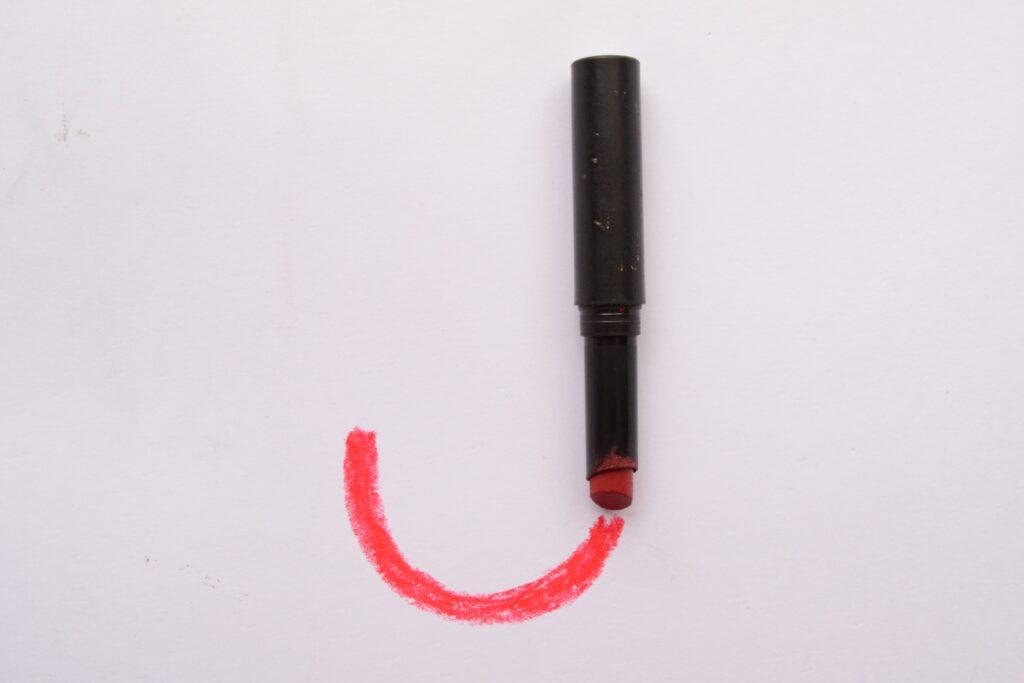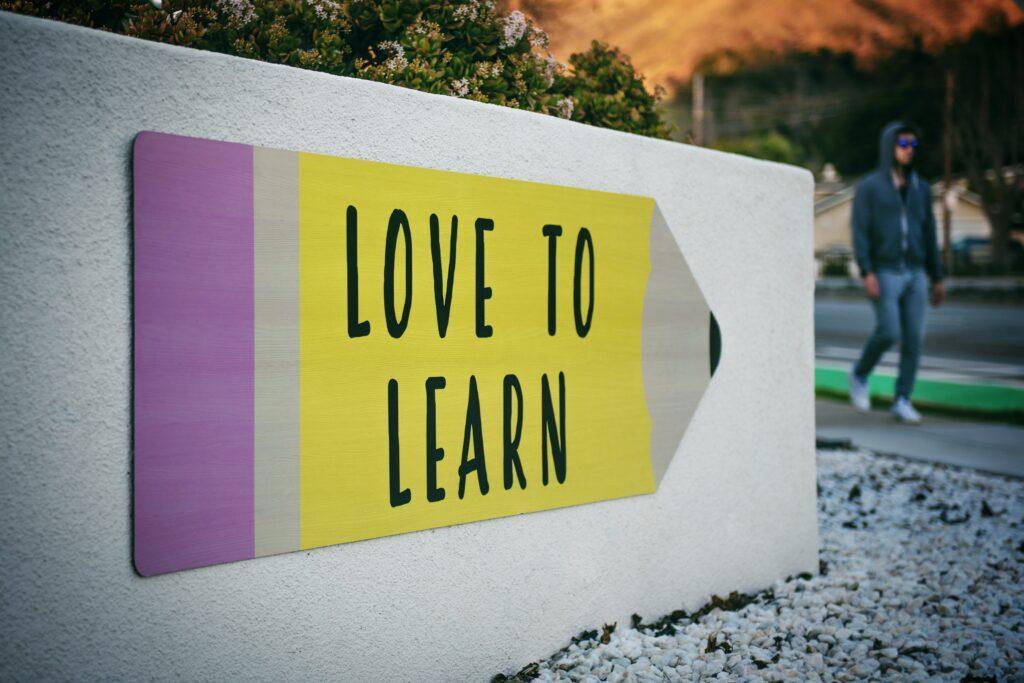When you write, you are looking to keep the reader engaged. So why not use hooks? What is a hook in writing and what are the main types of hooks? All these questions will be answered in this article.

Let’s come back from where we started.
You want to make sure that the content you write is extremely fresh. Not just that, but you also want to make sure that everything you write has an element of newness to it that keeps the reader hooked from the beginning to the end.
Having said that, writing routinely and often about the same topics can get quite boring. Sometimes it even lead to a writing block.

You might not even notice when your content becomes less engaging to the reader. That’s why it’s important not to forget to use writing hooks in your blogs.
One very exceptional quality about great writers is that they make the readers want to continue going on and on when they write. They can even hook their readers using subheadings. That is the level you should aim to reach as a writer.
The idea is to ensure they understand where you are headed with your work. When they read the first line, they should want to continue learning more about what you have to say.
So for this type of interesting writing, you need to use ‘hooks.’ These hooks allow readers to connect to what the writer is saying and keep their interest up too. They want to keep going when they read the first line.
Main types of hooks in writing?
Here are a few types of hooks that can keep the reader engaged and make them want to continue to find out what you are talking about.
Interesting Question Hook
This hook is the one where you ask a question that relates to the topic in consideration. This keeps the reader wondering and makes them think in the direction you want them to.
By nature, human beings are curious.
by Someone Famous
This means that asking them questions gets them thinking in a certain direction, keeping them engaged and focused on what you are writing.
So if you want to sell blog posts, make sure that when you start your essay with a question, this keeps them thinking about the answer and also what answer you are about to give further in your written piece.

For example, if you are writing about employee motivation, maybe you could add in questions like:
‘what do you think is the biggest reasons for employees not being motivated enough to give their best?’
You could even ask,
‘what do you think can motivate employees to work hard and give their best to what they are doing?’
When you ask questions like these, the readers start thinking about the topic, which keeps their interest high.
If you are talking about students’ success at exams, you could start off with a question too.
For example, you could ask,
‘why do you think some students fail miserably at their exams?’
Questions like these can make them think hard and want to continue reading to learn more about what you are saying.
Rhetorical Question

If you are thinking about how to write a good hook, then using rhetorical questions is also a great idea.
In these types of hooks, you aren’t really expecting the reader to think of an answer. What you are, in fact doing is answering yourself in the question, which will make the reader understand what your point of view is.
For example, you could ask,
‘Does the thought of creating that perfect recipe create a massive lump in your stomach?’
Or,
‘Don’t you think we really need nicer people in the world?’
Or you could ask,
‘Don’t you think her skin looks flawless?’
Questions like these do the job without you having to put too much thought into it. Not just that, but they also tend to hook the reader.
The Educational Hook

In this hook, you can connect a concept with the mind. This type of hook is mostly used in most profitable copywriting niches, especially when writing educational content or when the readers are looking for a greater explanation about things.
As an example, you could say something like,
‘You can best keep track of your money by categorizing your spending. You could also use certain applications that help you track where all the money is going.’
Something like this can give readers a concise and simple answer to the information they were looking for.
Fact/Statistic Hook
This is a very interesting hook that gives you real information about a topic. It can be very interesting and might make you want to keep reading and understanding what is being said.

But what makes a good hook? Especially if you are using this hook, you need to double-check that the information you are using is accurate and verified from several different sources.
Statistic hooks writing can also be a great addition to an infographic that you are using in your blog post.
The best hook sentences when using facts are ones that are well researched and even referenced. This is important so that the readers can see the facts for themselves and trust what you are saying too. Here are some examples of hooks in writing:
- Around 3.8% of the world’s population suffers from depression
- In the United States, around 10.5% of people live in poverty; as of 2019
- There are 2.9 billion monthly active users on Facebook
These are hooks that can really give the readers valuable information, making them want to know more about what you are saying.
More than anything, hooks like these can add a lot of value to what you are saying, and make readers want to know more.
The Metaphor Hook
This hook is one that allows the readers to think about the topic in a very different way. It makes them wonder what you mean and what you are trying to say to them.

A metaphor makes them think about topics that really do seem unconnected. Mataphors are frequently used in comedy writings jobs as it’s a great addition to highlight some oh the points in funny stories.
For example, when telling a story, maybe you could say something like
‘her words cut deeper than a knife.’
This way, you could speak about how sharp she was with her words and how her words really hurt those around her. But instead of saying this directly, you chose to say it differently, making them understand things much better.
You could even say something like,
‘she was feeling blue.’
This shows how she was feeling very sad at a certain point in time.
Phrases like these add so much depth to what you are saying, and also grab the reader’s attention in the best possible way, making them want to continue reading.
The Quotation Hook

When you begin a written piece with a quotation, you add so much more power to what you are saying.
Especially if the quotation comes from someone who is very powerful and famous, it adds a lot more depth to what you are saying, making your argument much stronger.
For example, if you are talking about inner peace and ways to channel your thoughts, it would be great to add a quote from Sadguru, who is known to be a very well-known preacher in this area. Being a widely followed Indian guru, there are a lot of people who know him well for what he does.
You could start off by saying:
“Every moment there are a million miracles happening around you: a flower blossoming, a bird tweeting, a bee humming, a raindrop falling, a snowflake wafting along the clear evening air. There is magic everywhere. If you learn how to live it, life is nothing short of a daily miracle.” – Sadguru
This way, you add so much more information, making everything so much more relevant to the topic.
Start using writing hooks today
So this way, good writing hooks are always recommended, and they make sure that the reader is engaged. The best hook sentences always involve the reader, deeply immersing him in what is being said.

So whenever you are writing, try to use as many hooks as possible. This will only make your writing much more interesting and will make the reader want to keep going as well.
Keep trying to make your writing much more engaging by using all of these hooks. With time, you will see how much your writing improves.
If you want, you can share some other interesting types of writing hooks, that you are using in your daily blogging, in the comments section below 😉
- How to Use AI to Write Blog Posts?Harnessing AI to write blog posts can significantly streamline content creation, enhancing efficiency and consistency across articles. By using AI tools, bloggers can generate initial drafts, refine content for SEO, and maintain a consistent publishing schedule, effectively boosting engagement and search engine visibility.
- How to Write a Blog Post Quickly? This is the Question!Writing a blog post quickly is all about using effective strategies. By organizing your thoughts, setting clear goals, and utilizing helpful tools, you can produce high-quality content efficiently. If you need assistance with content writing, reach out via the contact form on this website.
- Scouting Talent: My Two Cents on Where to Find Stellar Blog Writers!Unravel the mystery of finding the perfect blog writer for your needs with our comprehensive guide. Explore top platforms for hiring freelance writers and learn from the pros about their best practices. Plus, gain insight into the world of blog writing, costs, and why you might consider hiring a professional team.
- Where To Find Free Images For Your Blog: 10 Best WebsitesAre you searching for ways to add visually-appealing images to your blog without breaking the bank on expensive stock photos? Our article offers a detailed list of websites where you can find top-quality images for free, as well as valuable advice on how to select and incorporate them into your blog content. Whether you need striking nature photos or authentic human portraits, we’ve got you covered. Start crafting captivating blog posts today!
- Content is King, But Editing is the Crown: Why Marketers Need Copy Editors?In the fast-paced world of marketing, producing high-quality content quickly is a must. But in the rush to get content out the door, mistakes can happen. That’s where copy editors come in. By reviewing and revising content, they ensure that it is accurate, engaging, and on-brand. In this article, we explore why copy editors are essential for marketers, and how they can help improve the quality and effectiveness of your written content.

Pingback: How to Find a Writing Mentor and Keep Him or Her Close?
Pingback: The 4 Writing Skills Bloggers are Looking for - and NOT Finding
Pingback: 9 Simple Yet Impact Ways to Make Your Blog Content Delicious